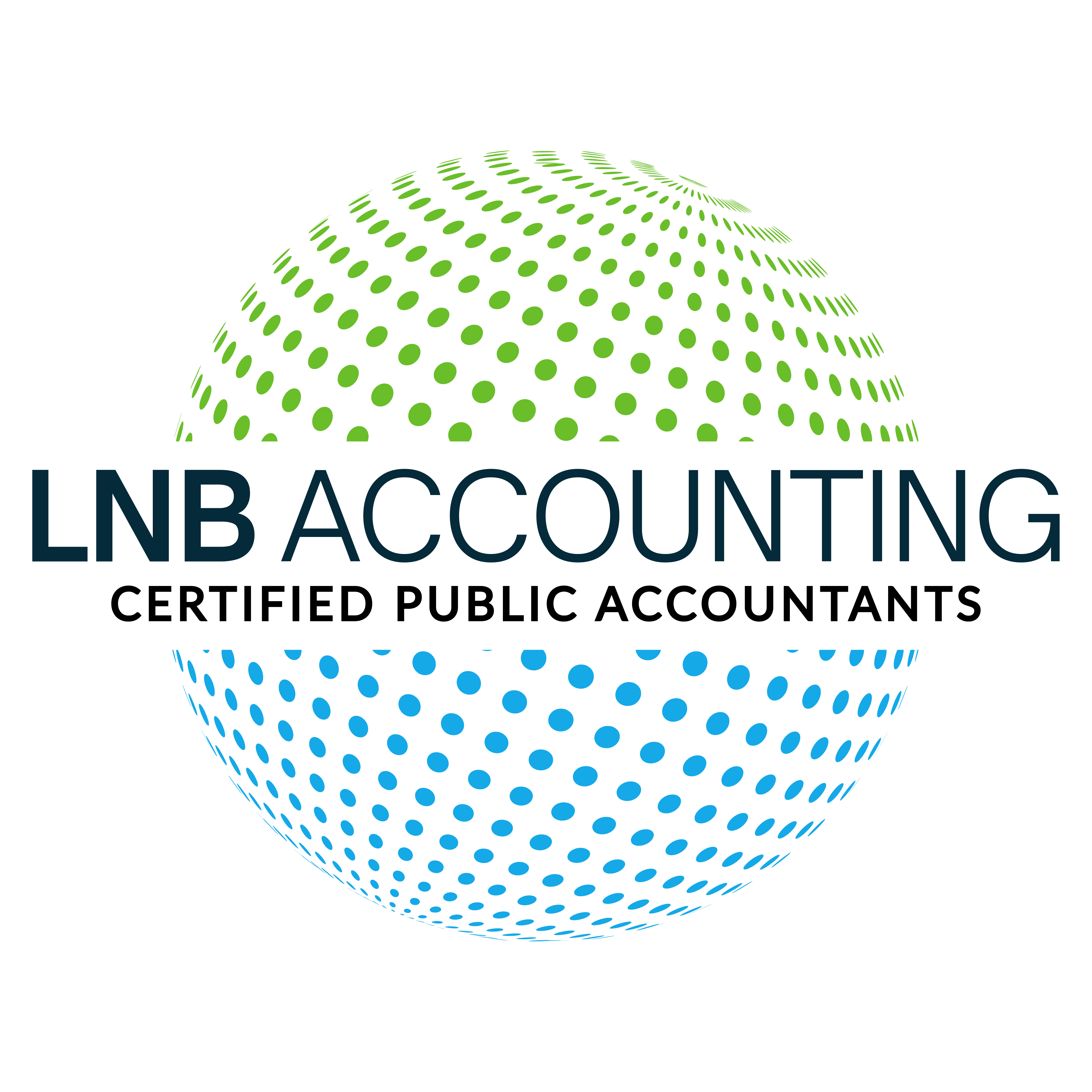Tax season comes with its own set of challenges. Whether you’re leading a tech startup in Silicon Valley, managing a medical practice in San Francisco, or running a nonprofit in Oakland, your tax requirements deserve careful attention. This guide walks you through everything you need to know about business tax filing deadlines in 2025, helping you stay compliant while maximizing your tax advantages.

Understanding Your Business Structure’s Impact on Tax Filing
Your tax obligations start with your business structure. Each entity type comes with its own set of requirements and deadlines, and understanding these differences helps you plan effectively throughout the year.
C-Corporations
The standard business tax filing deadline for C-Corporations falls on April 15, 2025. Many Bay Area professional services companies choose this structure for its flexibility and growth potential. Your corporation must file Form 1120 and pay any taxes due by this date. While this deadline might seem straightforward, the complexity lies in the preparation – gathering accurate financial records, calculating deductions, and ensuring compliance with all regulations.
S-Corporations and Partnerships
If you operate as an S-Corporation or partnership, mark March 15, 2025, on your calendar. This earlier business tax filing deadline exists to give shareholders and partners time to incorporate business tax information into their personal returns. Using software like QuickBooks or Sage helps track these details throughout the year, making tax season more manageable.
Essential Deadlines Through 2025
Knowing these business tax filing deadlines in advance helps you avoid last-minute rushes and potential penalties while keeping your business compliant.
First Quarter (January – March)
The tax year begins with crucial documentation requirements. By January 31, you must provide W-2s to employees and 1099s to contractors. This timeline gives both your workers and your business enough time to prepare for upcoming filing deadlines.
Key Q1 Dates:
- January 31: W-2 and 1099 distribution deadline
- March 15: S-Corporation and Partnership returns due
- March 15: Last day for S-Corporation elections
Second Quarter (April – June)
April brings the most widely known tax deadline, affecting C-Corporations and individuals alike. A missed deadline can result in penalties from the IRS, making timely filing crucial.
Critical April Tasks:
- File C-Corporation returns (April 15)
- Submit individual returns, including sole proprietors
- Pay first quarter estimated taxes
- Request extensions if needed
Tax Planning Beyond Deadlines
Rather than rushing to meet your business tax filing deadline at the last minute, implement quarterly tax planning sessions with their CPAs to review your position and adjust strategies as needed.
- Quarterly Financial Reviews
Regular reviews of your financial position help identify opportunities and potential issues before they become problems. During these reviews, focus on analyzing cash flow patterns, examining expense categories, and evaluating tax implications of business decisions.
- Strategic Timing of Transactions
The timing of major business transactions can significantly impact your tax position. Consider the tax implications of:- Equipment purchases and sales
- Client contract renewals
- Employee benefit adjustments
- Real estate transactions
- Building a Tax Planning Calendar
Create a structured approach to tax planning by:- Scheduling monthly financial reviews
- Setting reminders for estimated tax payments
- Planning major purchases around fiscal year timing
- Coordinating with your CPA for strategic planning sessions
- Long-term Tax Strategy
Think beyond the current tax year. Consider how today’s decisions affect future tax years. This might include:- Business structure optimization
- Retirement plan contributions
- Investment timing
- Succession planning

Industry-Specific Considerations
Understanding how tax regulations apply specifically to your sector can make a significant difference in your tax planning strategy.
Technology Companies
Silicon Valley’s tech sector faces unique tax challenges. If your company invests in research and development, you might qualify for valuable tax credits. However, claiming these credits requires careful documentation and expertise. Stock options and equity compensation add another layer of complexity, making professional guidance invaluable.
Healthcare Providers
Medical practices balance patient care with complex financial requirements. Equipment depreciation, staff benefits, and insurance reimbursements all impact your tax position. Specialized medical accounting systems often integrate with practice management software, streamlining record-keeping and tax preparation.
Nonprofits
Tax-exempt status doesn’t mean freedom from filing requirements. Nonprofits must still submit Form 990 by specific deadlines and maintain detailed records of donations and expenses. Understanding these obligations helps maintain your tax-exempt status while serving your mission.
Multi-State Business Operations
Operating across state lines creates additional tax complexities, particularly for Bay Area businesses expanding beyond California. Your company might need to file returns in multiple states depending on where you conduct business, maintain offices, or employ workers. Each state enforces different filing deadlines and tax regulations, making professional guidance essential.
Remote work has transformed how businesses operate and where they file taxes. If your employees work from different states, you’ll need to understand each state’s tax requirements and filing deadlines. Working with experienced accounting services helps manage these multi-state obligations effectively.
Key Considerations for Multi-State Operations:
- State-specific filing deadlines
- Nexus requirements
- Sales tax obligations
- Payroll tax requirements
International Business Implications
If you are operating globally, international tax considerations add another layer of complexity. Whether you’re expanding into new markets or already operating internationally, understanding global tax implications helps optimize your tax position while maintaining compliance. Currency fluctuations, transfer pricing, and international tax treaties all impact your filing requirements.
Extension Strategies and Requirements
Sometimes, despite careful planning, you might need more time to prepare for your business tax filing deadline. While extensions provide extra time for filing, they don’t extend payment deadlines. Understanding when and how to file extensions helps avoid penalties while ensuring accurate reporting.
Valid Reasons for Extensions:
- Missing crucial documentation
- Complex transactions requiring review
- Unexpected business changes
- Natural disasters or emergencies
Remember: Even with an extension, you must estimate and pay any taxes due by the original deadline. Contact us to discuss whether an extension makes sense for your situation and how to properly estimate tax payments.
Professional Support and Strategic Planning
Year-round tax planning offers significant advantages over last-minute preparation. Regular reviews of your financial position help identify opportunities for tax savings while ensuring compliance with changing regulations. Many businesses schedule quarterly meetings with their CPAs to review performance and adjust strategies accordingly.
Want to ensure you’re on the right track? Download our free guide “Critical Accounting Mistakes To Fix Now” to learn about common pitfalls and how to avoid them. Proactive planning and professional guidance help prevent issues that could trigger audits or result in penalties.
Essential Planning Elements:
- Regular financial reviews
- Strategic timing of income and expenses
- Retirement plan contributions
- Equipment purchase decisions
Digital Documentation Management
Modern tax compliance demands detailed digital record-keeping. Creating and maintaining organized digital records throughout the year streamlines tax preparation while providing easy access to supporting documentation if questions arise.
Effective digital documentation includes:
- Scanning and storing receipts
- Tracking business expenses
- Maintaining vehicle logs
- Recording charitable contributions
Bay Area Specific Considerations
The unique business environment of the San Francisco Bay Area creates specific tax planning opportunities and challenges. High operating costs, competitive labor markets, and regional tax initiatives all impact your tax strategy.
Local tax incentives and enterprise zones might offer advantages for your business. Understanding these opportunities helps optimize your tax position while contributing to regional economic development.
Regional Factors to Consider:
- Local business tax requirements
- Enterprise zone benefits
- Regional development incentives
- Industry-specific programs
Your business success requires strategic planning and professional support. By understanding your obligations and planning accordingly, you can transform tax compliance from a burden into an opportunity for financial optimization.
For expert guidance tailored to your business needs, contact us to discuss your specific situation.
FAQs
Can I get an extension for filing my business taxes?
Yes, you can request a six-month extension, but remember this only extends your filing deadline, not your payment due date.
How do I know if I need to make quarterly tax payments?
If you expect to owe $1,000 or more in taxes for your business, the IRS typically requires quarterly estimated tax payments.
What happens if I miss my business tax filing deadline?
The IRS charges penalties based on how late you file and pay, usually 5% of unpaid taxes per month up to 25% of the total.
How long should I keep my business tax records?
Keep tax records for at least three years from the filing date, though some situations may require longer retention periods.
If I work remotely, where do I file my business taxes?
File in the state where your business is registered, plus any states where you have a significant business presence or nexus.
What tax forms do I need for my small business?
Required forms depend on your business structure – sole proprietors use Schedule C with Form 1040, corporations file Form 1120, and S-corps use Form 1120S.




